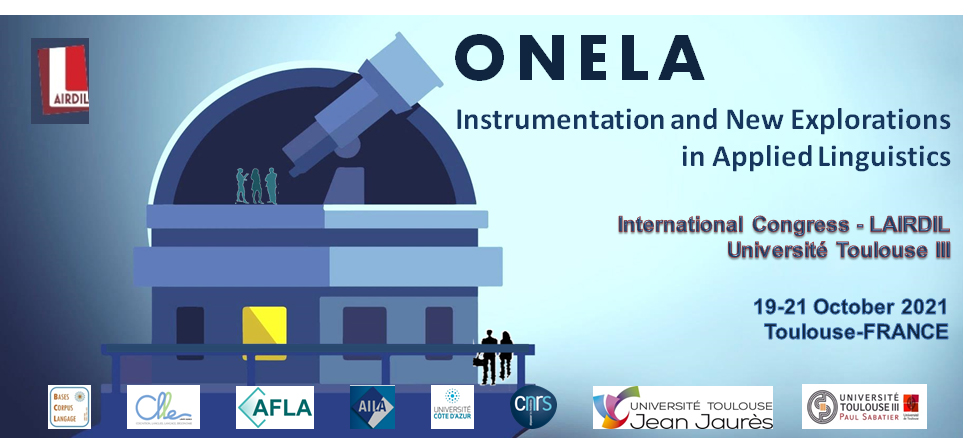To examine a language in its historical context, it is necessary to look at its current state and subsequently try to trace it back step by step to the desired point in history. Without following the development in its stages and comparing now and then, no well-founded hypothesis about language spoken in a time can be formulated – especially if no written or recorded sources are available.
This work describes the etymology of place names in the Lungau region and is part of the project HELSON (historical etymological lexicon of the Salzburg place names). In addition to researching the dialectal pronunciation, toponomasts can deduce the information necessary to identify the real origin of a place name from historical documents. However, these written forms of the names often lead to wrong hypotheses, and it is the dialect which brings these errors to light. The original pronunciation of a name is therefore of particular significance, since an etymological description of its meaning is built partly on the old phonetic sounds, which are still preserved in the dialect but often gone in standard language. Consequently, research requires living people who can provide us with the necessary data in their own native dialect. Within the scope of the project, some of the etymologies already formulated by previous toponomasts can be confirmed, corrected, and – if necessary – explained thanks to the dialect. The tool to collect the dialectal data is recording people's speech “in the field”, mainly drawing on recordings of the elder generation.
This presentation aims to demonstrate the importance of regional dialect for the language history of a region and its surroundings. It thereby highlights how the symbiosis between synchronic and diachronic data helps us understand the evolution of our own language and culture.
Hörburger, F. (1982). Salzburger Ortsnamenbuch. [Dictionary of Salzburg place names]. edited by Reiffenstein, I. & Ziller, L. Salzburg: Gesellschaft für Salzburger Landeskunde.
Lindner, T. (Ed.). (2015-). Historisch-Etymologisches Wörterbuch der Salzburger Ortsnamen (HELSON) [Historical etymological lexicon of the Salzburg place names]. Salzburg, Wien: Tandem.
Reiffenstein, I. (1995). Namenfehlschreibungen als sprachgeschichtliche Quelle. [Misspellings of Names as a Source of Data in Historical Linguistics]. In: Eichler, E., Hilty, G., Löffler, H., Steger, H., Zgusta, L. (Eds.). Name studies. An International Handbook of Onomastics. Volume 1. Berlin, New York: de Gruyter, 299-304.
Scheutz, H. (Ed.). Drent und herent. Dialekte im salzburgisch-bayerischen Grenzgebiet. [Dialects in the border area of Bavaria and Salzburg]. EuRegio: Salzburg
Wiesinger, P. (1994). Die Ortsnamen in Österreichs makrotoponymischer Sicht. [The Austrian place names from a macro-toponymic perspective]. In: Debus, F. (Ed.). Zu Ergebnissen und Perspektiven der Namenforschung. Heidelberg: C. Winter, 51-170.
- Poster

 PDF version
PDF version

